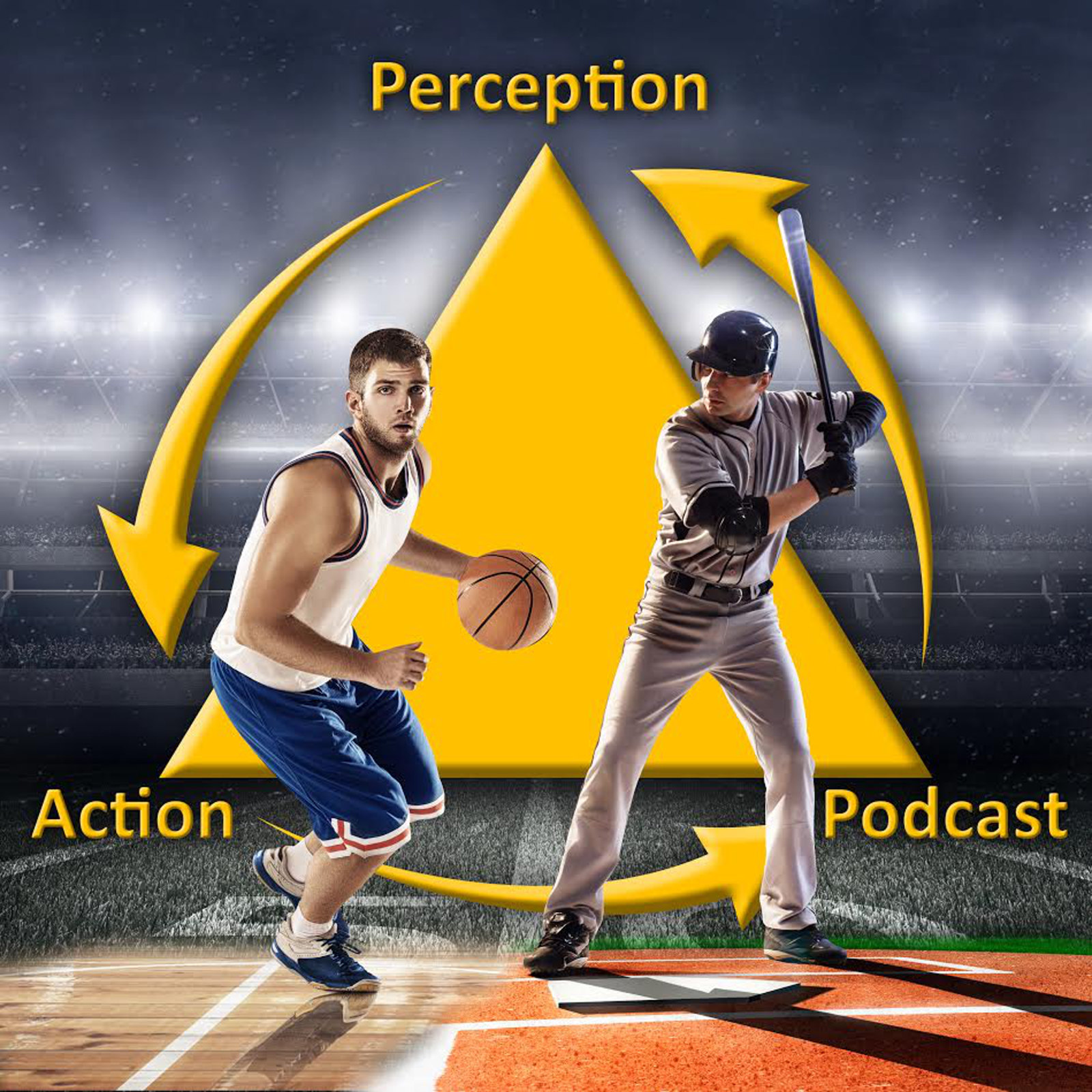-Do rugby players have better vision than normal people? In a recent study published in Sport Sciences for Health, Millard and colleagues tested 40 male premier league rugby players from and 40 non-athletes on battery of visual spatial skills tests. It was found that the rugby players had better accommodation to keep their eyes focused on a target, better saccadic eye movement to move their eyes to a new target, better awareness of targets in peripheral vision and better hand-eye coordination when catching a ball bounced off a wall. This work adds to a long of history of research studies which has asked the question: do athletes have better general visual abilities? In general results are fairly mixed. I also important think why this differences might occur. Is it because these abilities are actually important for playing rugby as the authors claim? Or are people with poor vision just discouraged playing rugby? Is it because the players are just more naturally competitive and motivated so they try harder on the tests? And it’s important that differences like these don’t imply that training these visual skills for make for better rugby. The value of findings like this are in eye of the beholder, I guess.
-Does training in a sports virtual environment help an athlete to make a skill subconscious by doing more reps? In an article recently posted on the SportTechie website, the use of VR simulators for training racecar drivers is discussed. It is claimed that what separates elite drivers from you and I is quote: “Repetition of activity through excessive practice, which molds the brain so key decisions in high-stakes environments can be made subconsciously and that quote “The practice in these simulations is to train their subconscious reaction time,”. Umm, no! The benefits for VR for sports does not come from making processes conscious by repeating trials over and over. I demonstrated this in the my baseball batting study published in Frontiers in Psychology in 2017. In this study, I had a one group that just did more repetitions of batting practice in the VR. This lead to fairly small performance gains. The reason VR training can help sports skills is not by allowing for more of the same of what the athlete is doing on field. The main strength of VR is that it allows them to do something they can’t easily do on the field or track – in the case of my study this was facing more variable (not repetitive) practice conditions at a level of challenge that was adjusting adaptively for the individual athlete. Timing to hit the brakes on the idea that proficiency in a skill comes from practicing it over and over.
-The possibility that brain stimulation can speed skill acquisition continues a popular pursued in research and applied to training technologies. In a recent paper published in Psychology and Behavior, Roca and colleagues examined the effects of applying transcranial direct current stimulation or tdcs over the perfrontal in group of unskilled shooters. A within study design was used so that performance when stimulation was given compared to a sham condition, where participants wore all the equipment but unbeknownst them is was actually turned off. As compared to the sham condition, shot accuracy and group was higher when the tdcs is applied. This is a promising finding but a couple important notes. One, this ideal situation for using tdcs as the task involves person remaining relatively still. And two, better performance in practice does necessary mean better learning in the long run. So more is needed.
To enable the news briefing on your echo:
Go here: https://www.amazon.com/dp/B08CZ8Y2T2
OR
-From the Alexa app on your phone go to settings by pressing the three little lines in the top left
-Go to Skills & Games
-Search (magnifying glass in top right) for “Skill Acquisition News”
-Click Enable to Use
-Say: “Alexa, what’s my Flash Briefing?” (Note, this will play any other news items you added too).
